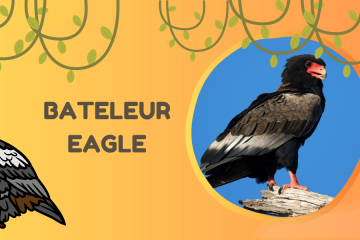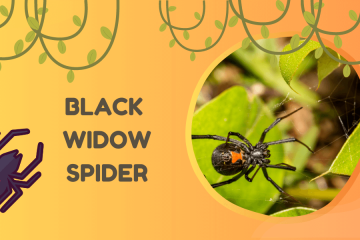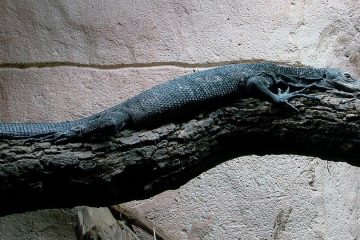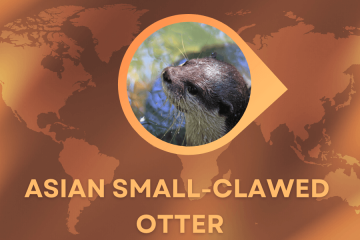Wolverines are shaped vaguely like a large marten and have a heavy build with a large head, small ears, a short tail, and very large, powerful limbs. Wolverines are very strong for their size and have been known to drive bears, cougars, and packs of wolves from their kills. They are generally known as the strongest mammal for their size.
Food
The diet of a wolverine consists of anything from eggs, rodents and other small animals to full size deer and sheep. The wolverine can bring down prey that is five times its size.
Habitat
Wolverines are found in Northern Europe, Siberia, and northern North America. They live in forests, mountains, plains, and brushland.
Predators
Because wolverines are so strong, fast, and aggressive few predators bother them. Hunters, wolf packs, and large bears are about all that threatens them.
Social Structure
Wolverines are mainly terrestrial though they are strong swimmers and excellent tree climbers. They usually travel at a fast lope with great endurance, sometimes traveling as much as 10 miles without a break. Wolverines are largely nocturnal but in areas of extended daylight or darkness will often switch to a cycle consisting of a 4-hour waking period followed by 4 hours of sleep.
Wolverines are solitary, aggressive animals and quite territorial. They do not allow members of the same sex in their territory. They mark their territory with scent glands. They often mark food caches with scent as well. Though solitary, among family members play has been observed. Wolverines have also been known to play with objects.
Birth & Offspring
Female wolverines build snow dens in which they birth and nurse. Embryonic wolverines dormant for about 6 months before they start to develop. From that point, gestation takes about 30-50 days. Because of this delayed implantation, it is possible for members of the same litter to have different fathers.
Young wolverines are born in January through April and nurse for 8 – 10 weeks. After birth, mother wolverines hide their young and defend them until they are old enough to be on their own. Intruders are not tolerated anywhere near the young wolverines. By autumn, they are on their own.
Senses
Wolverines have a keen sense of smell and hearing. Their eyesight is poor.

Lydia King is a huge animal lover and has always been fascinated with learning about the animal kingdom. She enjoys writing about anything animal related from scientific information about rare species to animal references in pop culture.












